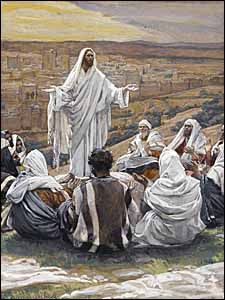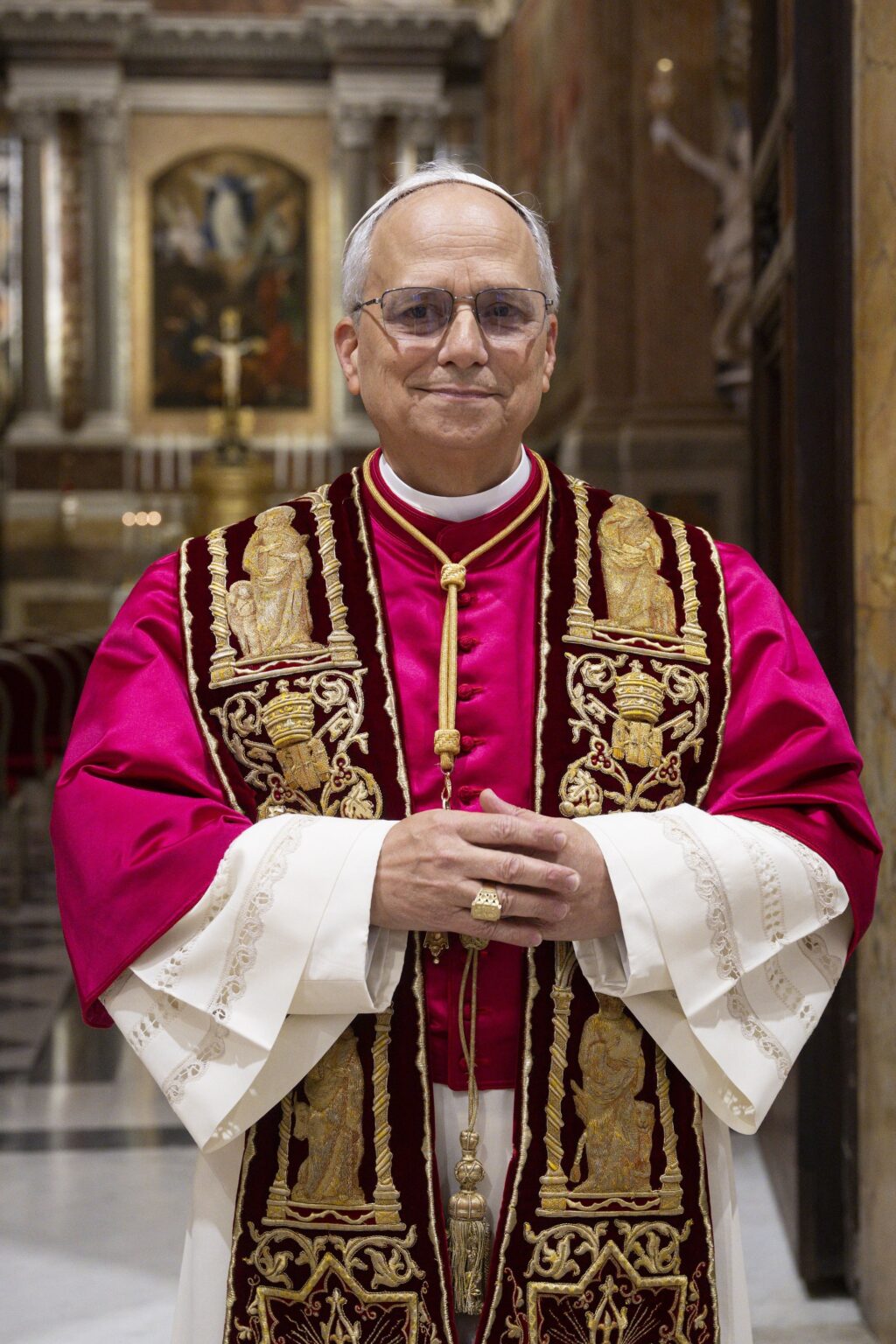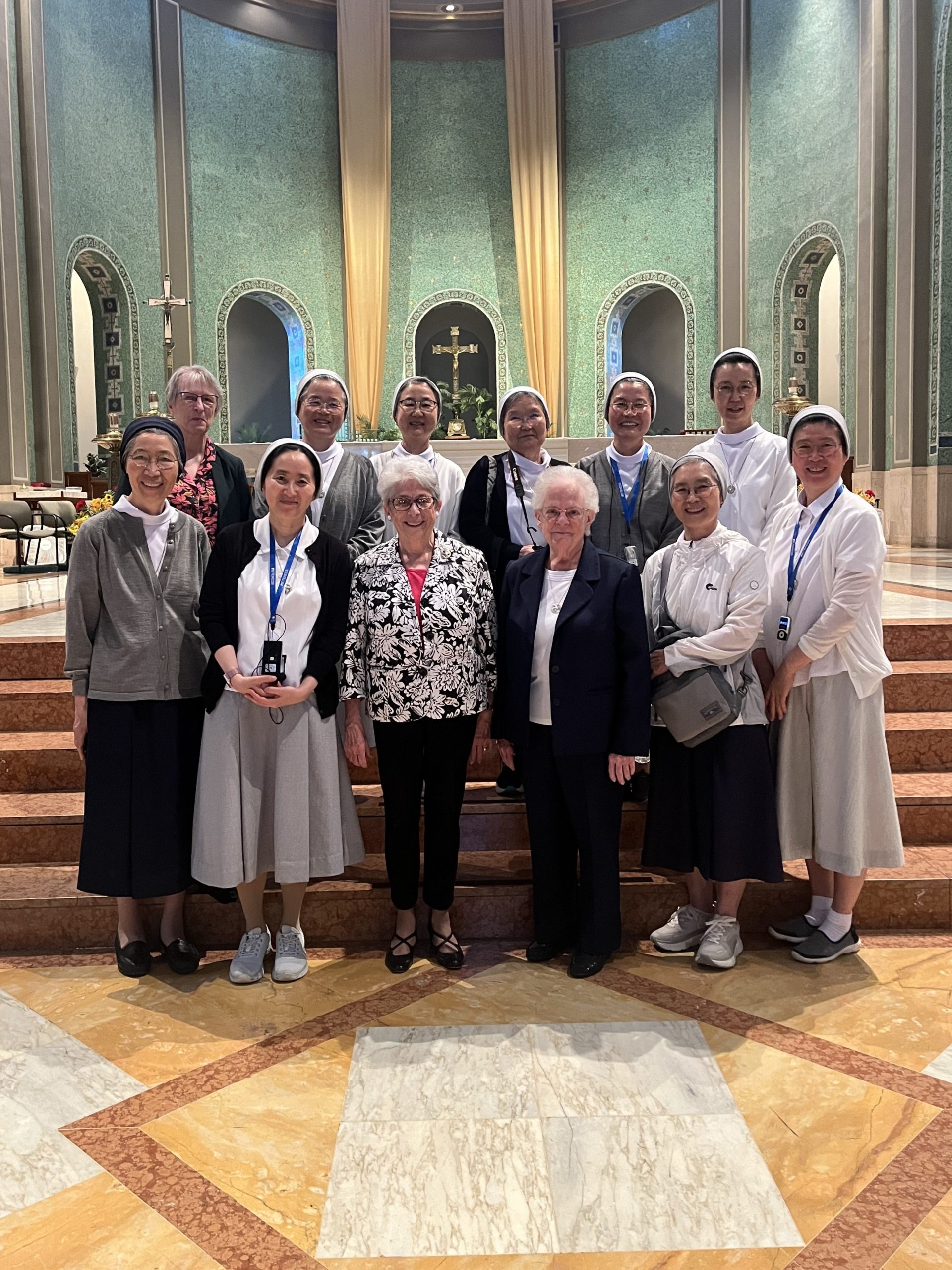CATHEDRAL OF THE BLESSED SACRAMENT
The Cathedral of the Blessed Sacrament Parish in Altoona, PA is a welcoming and compassionate community of believers striving to grow as God’s people.
As disciples of Jesus Christ, we offer lifelong faith formation for children, youth, and adults; and we live out Christ’s invitation to serve our sisters and brothers.
We gather to worship in prayer and song and invite all to joyfully participate in word and sacrament, especially the Eucharist.
SERVING THE PEOPLE OF GOD IN THE CITY OF ALTOONA, PA SINCE 1851.
SUPPORTING THE MINISTRIES OF CATHEDRAL PARISH
By clicking on the Get Involved link, you will find valuable information on how to make a financial donation to the Cathedral. The weekly offertory, the annual Catholic Ministries Drive, Bequests, and contributions to our Endowments are ways by which the blessings God has given to you become a blessing to the parish.
PRAYER FOR POPE LEO XIV
O God, who in your providential design willed that your Church be built upon blessed Peter, whom you set over the other Apostles, look with favor, we pray, on Leo XIV our Pope and grant that he, whom you have made Peter’s successor, may be for your people a visible source and foundation of unity in faith and of communion. Through our Lord Jesus Christ, your Son, who lives and reigns with you in the unity of the Holy Spirit, God, for ever and ever. Amen. Excerpt from the English translation of The Roman Missal © 2010 International Commission on English in the Liturgy Corporation. All rights reserved.
SISTERS OF CHARITY
The Sisters of Charity arrived in Altoona on August 20, 1870. The Sisters have had a profoundly significant influence in our diocese, especially at Cathedral parish. We were pleased to have a delegation of Sisters from their Korean province, who were accompanied by Sisters from Greensburg, present at our 10 A.M. Mass on Sunday, June 15. Gratitude is extended to Jean Koury and Steph Kilcoyne who provided refreshments and acted as tour guides.
DAILY MASSES
Monday-Saturday-Noon
WEEKEND MASSES
Vigil, Saturday at 5:00 P.M.
Sunday Masses at 8:00 A.M., 10:00 A.M. and 5:00 P.M.
SACRAMENT OF RECONCILIATION
Wednesday at 7:00 P.M.
Saturday: at 12:30 P.M.
By appointment: by calling or texting 814-937-8240
Twentieth Sunday in Ordinary Time
August 17, 2025
GOSPEL MEDITATION

During my baseball career, my best coach often said, “You shouldn’t be worried if I yell at you. Be worried if I don’t. If I stop pushing you, it means I don’t think you have any more potential.” He demanded a lot, and I knew it meant he saw that I could be something special on the baseball field.
Jesus says some demanding words to us this week. “Do you think I have come to establish peace on the earth?” he asks, “No, tell you, but rather division” (Luke 12:51). He wants you and me–in fact, all the earth–to participate in the luminous glory of God. That’s why he speaks of himself as a divine arsonist. Divine fire is like a good coach: it demands the removal of all that obstructs the achievement of the lofty goal.
How is your life demanding right now? That inconvenient family situation, the unfair boss at work, the kids who reject their parents’ wishes, the nagging health issue? Maybe things would be more peaceful, devoid of these seemingly arbitrary difficulties. But for us who believe in the one who comes to set the earth of fire, we should be much more worried if he stops demanding so much from us. In fact, let’s thank him for it. He sees how glorious we can become.
–Father John Muir
EVERYDAY STEWARDSHIP
Today’s readings set a high bar for us Christian stewards, reminding us that a stewardship way of life is meant to be a challenging way of life.
The stewardship way of life helps us to stay in good racing shape. By putting God first in all areas of our lives, we rid ourselves of the burden and sinfulness of over-attachment to ourselves and our things. We get lean and fit and strong for the long race to Heaven. We begin to look and act more like Jesus, the leader and perfecter of faith.
The stewardship way of life sets a high bar indeed. But deeply embraced, this way of life focused on God and others will make us the saints we are called to be.
2025 Catholic Stewardship Consultants
PRACTICING CATHOLIC – RECOGNIZE GOD IN YOUR ORDINARY MOMENTS
Mini reflection: If we let Christ set fire to our lives, what would that fire burn away? What dead and festering undergrowth in our souls would be consumed by the flames? What promise of future holiness would sprout from beneath the ashes?
The Fire
This past week I have been reading a biography of St. Francis of Assisi. I admit I didn’t know much about Francis going into the book, but I always had this image of him as a hippie — an easygoing nature-lover who sang about peace and let animals climb on him.
I’m not sure where that caricature of Francis came from, but since I’ve been reading this book I’ve come to see that it’s not true at all. He was a lover of nature, yes. A poet who sang of God’s peace, yes. And I’m sure he let a few animals climb on him from time to time (he did live in a hut in the woods).
But St. Francis of Assisi wasn’t the lost fourth member of Peter, Paul and Mary. He was a man on fire. He was a man burning.
Francis walked around barefoot and slept on the ground. He abandoned a life of wealth to embrace the material poverty that Christ experienced. He embarrassed his family and they disowned him. When his father would encounter Francis in the streets of Assisi, he would curse him.
Sometimes we get this idea that Christianity is a comfortable, cozy thing. We give our lives to Christ, and we expect to feel instantly satisfied, happy, safe and warm. But the saints knew better.
The saints knew that Christ had not come to wrap us in a warm blanket. Christ has come to set us on fire. And though fire is often seen as a sign of death and destruction, it is also the precursor of new life.
Think of a field of native plants and how it benefits so richly from a controlled burn — an action that clears away detritus and releases nutrients back into the soil.
If we let Christ set fire to our lives, what would that fire burn away? What dead and festering undergrowth in our souls would be consumed by the flames? What promise of future holiness would sprout from beneath the ashes?
– Colleen Jurkiewicz Dorman






